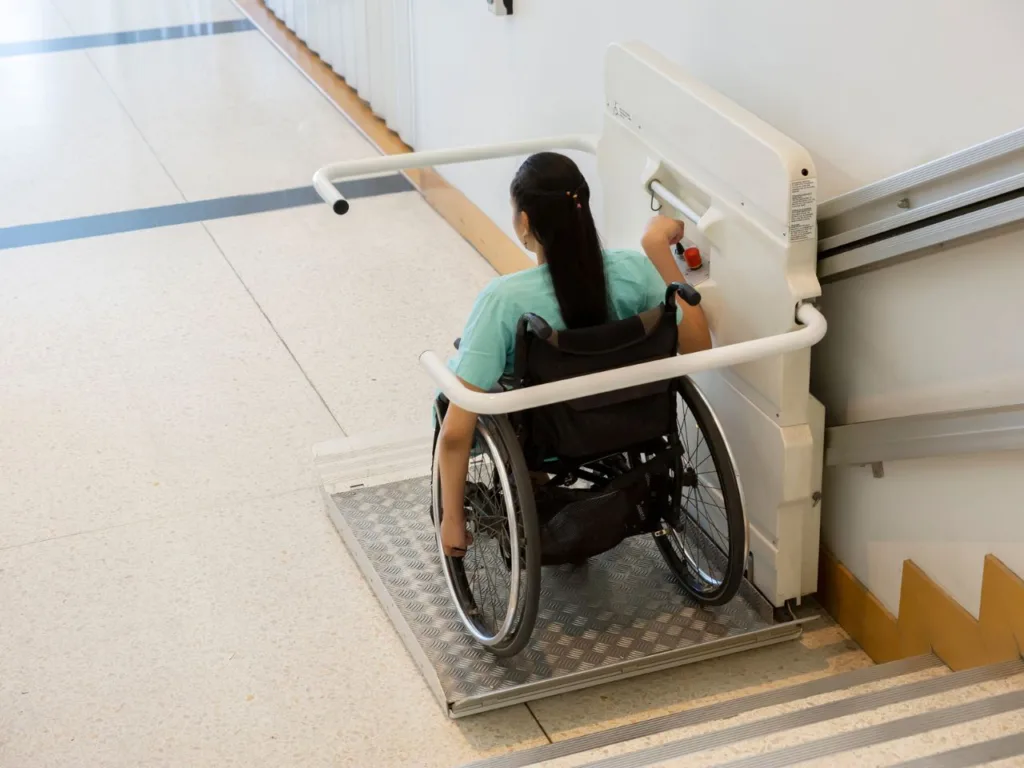
When you entrust your child to a childcare provider, you expect them to be safe, supported, and well-cared for. This expectation is backed by a legal and ethical responsibility known as “duty of care.”
Duty of care in childcare is a legal obligation that requires childcare providers to take reasonable steps to protect children from harm and ensure their well-being. It means that anyone caring for children must act in a way that a reasonable person would in similar circumstances.
This responsibility goes beyond just watching children. It involves actively creating a safe environment where children can learn, play, and grow.
In childcare settings, duty of care covers everything from physical safety to emotional well-being. It requires providers to anticipate potential risks, take preventive measures, and respond appropriately when issues arise. This responsibility exists whether the childcare is provided in a formal centre, family daycare setting, or through individual care arrangements.
Key elements of duty of care in childcare
Physical safety and supervision
The most obvious aspect of duty of care involves keeping children physically safe. This includes maintaining appropriate supervision ratios, which vary depending on the age of children and local regulations. For instance, younger children typically require more intensive supervision than older ones. Childcare providers must ensure that their premises are safe and secure. This means regular safety checks of play equipment, proper fencing around outdoor areas, and secure storage of potentially dangerous items like cleaning products or sharp objects. They must also have clear procedures for emergencies, including fire evacuations and medical incidents.
Health and medical care
Duty of care extends to protecting children’s health and responding to medical needs. This includes maintaining hygienic environments, following proper food safety practices, and ensuring children receive any necessary medications according to medical instructions. Providers must also be prepared to handle medical emergencies and have systems in place to contact parents and emergency services when needed. Many childcare settings require staff to have current first aid and CPR certifications to ensure they can respond effectively to health emergencies.
Emotional and psychological well-being
Children’s emotional safety is just as important as their physical safety. Duty of care requires providers to create environments where children feel secure, valued, and supported. This means protecting children from bullying, implementing positive behaviour management strategies, and being alert to signs of abuse or neglect. Staff must be trained to recognise when children are experiencing emotional distress and know how to provide appropriate support. This might involve comforting an upset child, helping resolve conflicts between children, or recognising when professional help might be needed.
Individual needs and inclusion
Every child is unique, and duty of care requires providers to recognise and accommodate individual needs. This is particularly important for children with disabilities, cultural considerations, or specific health conditions. Providers must make reasonable adjustments to ensure all children can participate fully and safely in activities. This might involve modifying activities for a child with mobility challenges, ensuring dietary requirements are met, or providing additional support for children with learning differences. The goal is to create inclusive environments where every child can thrive.
Practical applications in daily care
Risk assessment and management
An effective duty of care involves ongoing risk assessment. This means regularly examining the childcare environment and activities to identify potential hazards and taking steps to minimise risks. For example, checking playground equipment for wear and tear, ensuring water play activities are properly supervised, or adjusting activities based on weather conditions. Risk assessment goes beyond eliminating all possible risks; children need opportunities to explore and challenge themselves. Instead, it’s about managing risks appropriately and ensuring the benefits of activities outweigh potential dangers.
Documentation and communication
Proper record-keeping is an important aspect of duty of care. This includes maintaining accurate records of incidents, accidents, medications administered, and any concerns about a child’s well-being. Good documentation helps ensure continuity of care and provides important information for parents and other professionals. Regular communication with parents is also important. This might involve daily reports about a child’s activities and well-being, prompt notification of any incidents or concerns, and ongoing discussions about a child’s development and needs.
Staff training and qualifications
Ensuring staff are properly qualified and trained is fundamental to meeting duty of care obligations. This includes formal qualifications in childcare or early childhood education, as well as ongoing professional development. Staff need training in areas such as child development, behaviour management, first aid, and recognising signs of abuse or neglect. Regular supervision and support for staff help ensure they can fulfill their duty of care responsibilities effectively. This might involve mentoring new staff members, providing additional training in specific areas, or ensuring staff have access to professional support when dealing with challenging situations.
The role of family in duty of care
While childcare providers have primary responsibility for duty of care during care hours, families also play an important role. This includes providing accurate information about their child’s needs, medical conditions, or any concerns. Parents should also communicate openly with providers about their expectations and any issues that arise. Good partnerships between families and childcare providers strengthen the duty of care framework and help ensure children receive consistent, high-quality care across different settings.
FAQs
What happens if a childcare provider fails in their duty of care?
If a childcare provider fails to meet their duty of care obligations, there can be serious consequences. This might include regulatory action from government authorities, such as penalties or licence cancellation. In severe cases, there could be legal action, and providers might face civil liability for any harm that occurs. Most importantly, failure to meet duty of care standards can result in harm to children, which is why these obligations are taken very seriously.
How can parents assess if a childcare provider is meeting their duty of care?
Parents can look for several indicators that a provider is meeting their duty of care obligations. These include current licences and certifications, appropriate staff qualifications and ratios, clean and safe premises, clear policies and procedures, good communication practices, and positive references from other families. Don’t hesitate to ask questions about safety procedures, staff training, and how the provider handles emergencies or concerns.
Does duty of care apply differently to children with disabilities?
Duty of care applies to all children, but providers may need to take additional steps to ensure children with disabilities receive appropriate care. This might include making reasonable adjustments to the environment or activities, providing additional supervision or support, ensuring staff have relevant training, and working closely with families and other professionals. The goal is to ensure every child can participate safely and meaningfully in childcare activities.
What should I do if I’m concerned about duty of care at my child’s service?
If you have concerns about how your child’s safety or well-being is being managed, start by discussing these directly with the childcare provider. Many issues can be resolved through open communication. If concerns persist or are serious, you can contact your state or territory regulatory authority, which oversees childcare services. In cases involving suspected abuse or serious safety concerns, contact child protection services or police immediately.
Conclusion
Duty of care in childcare represents a fundamental commitment to children’s safety, well-being, and development. It involves physical safety, emotional support, health protection, and recognition of individual needs. Understanding these responsibilities helps parents make informed choices about childcare and ensures providers maintain the high standards that children deserve. By working together – providers, families, and the broader community – we can ensure that duty of care remains at the heart of quality childcare, giving every child the foundation they need for healthy development and future success.
RELATED ARTICLES



